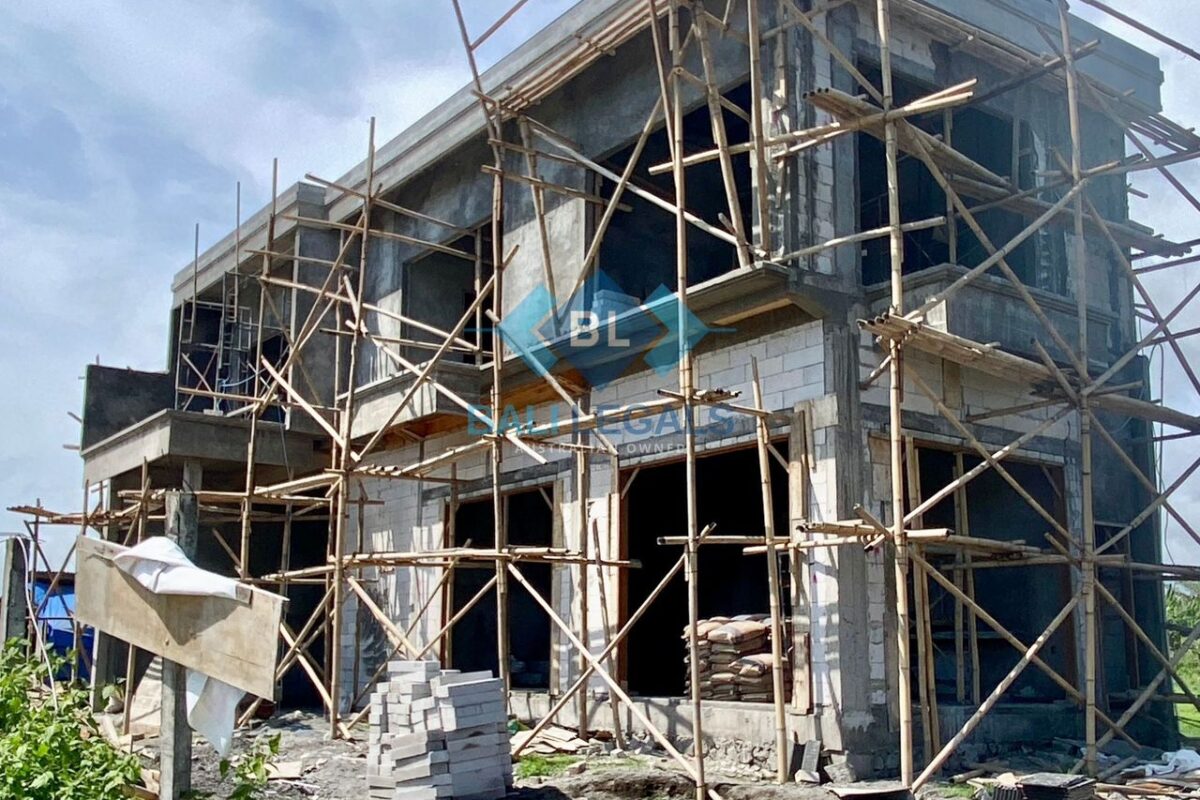Finding out that your Bali visa has expired can be stressful, but it’s important to act quickly to avoid penalties or other complications. Whether you’ve overstayed by a day or several weeks, addressing the situation immediately is key. Here’s a step-by-step guide on what to do if your Bali visa expires, and how Bali Legals can assist you throughout the process.
1. Stay Calm and Act Quickly
- The first thing to do when you realise your visa has expired is to stay calm. It’s crucial to act quickly and not let the situation drag on, as the longer you overstay, the higher the fines and risks.
- Bali Legals can offer expert advice on how to handle your case, helping you avoid making mistakes that could escalate the issue.
2. Visit the Immigration Office
- Once your visa expires, you must contact the nearest immigration office. If you’ve overstayed by a short period, you may be able to pay a fine and sort out your situation quickly.
- Bali Legals can help you navigate the immigration office procedures, ensuring you meet all necessary requirements and reducing the risk of further complications.
3. Pay the Overstay Fine
- If you’ve overstayed, you’ll likely need to pay an overstay fine, which can range from IDR 1,000,000 to IDR 5,000,000 per day depending on how long you’ve overstayed.
- Bali Legals can guide you through the process of paying fines, ensuring you make the payments correctly and avoid any unnecessary delays or mistakes. We can also assist in understanding any additional fees that may apply.
4. Visa Extension Options
- In some cases, if you’ve only overstayed by a small amount of time, you may still be eligible to extend your visa. Extensions are typically allowed for tourist visas, and you may be able to apply for an extension if you act quickly.
- Bali Legals specialises in visa extensions and renewals. We can help you with the application process, ensuring everything is done correctly and efficiently, so you can stay legally in Bali.
5. Consider Exiting and Reapplying
- If you can’t extend your visa or if it has been expired for a longer period, you may need to leave Indonesia and re-enter with a new visa. This often involves making a short trip to a nearby country before returning to Bali.
- Bali Legals can help you plan your exit and re-entry to ensure it goes smoothly. We’ll advise you on the best visa options for your needs and help you avoid any issues with future re-entry.
6. Seek Legal Representation if Needed
- If your overstay has been long or if you face other legal issues related to your visa, you might need legal representation to resolve the matter.
- Bali Legals provides access to experienced immigration lawyers who can offer legal counsel, represent you in hearings, and help you resolve complex visa issues efficiently.
7. Prevent Future Visa Issues
- To avoid similar issues in the future, it’s essential to stay on top of your visa expiration dates. Bali Legals can offer ongoing support, including visa reminders and advice on extending or renewing your visa before it expires.
- We can also help you explore long-term visa options if you plan to stay in Bali for an extended period.
How Bali Legals Can Help:
- Visa Extension & Renewals:
Bali Legals specialises in handling visa extensions, renewals, and applications for various types of visas, ensuring that you stay compliant with Indonesian immigration laws. - Overstay Solutions:
If you’ve overstayed, Bali Legals will guide you through the process of paying fines, negotiating with immigration officials, and ensuring that your legal status is restored. - Expert Legal Advice:
For more complex situations, Bali Legals offers legal representation and advice from experienced immigration lawyers who can help you navigate difficult issues, such as long overstays or potential bans. - Exit & Re-entry Assistance:
Bali Legals can assist with your exit process, advising you on the best course of action for leaving and re-entering Indonesia. We’ll help you choose the right visa and ensure that your return is smooth and hassle-free. - Ongoing Visa Support:
Bali Legals provides ongoing support, including reminders for visa renewals and the best long-term visa options, so you never miss a deadline again.
In Conclusion:
If your Bali visa expires, don’t panic. There are ways to address the situation and get back on track legally. Whether you need to pay fines, extend your visa, or exit and re-enter the country, Bali Legals is here to assist you every step of the way. We provide expert visa services, legal representation, and practical advice to help you resolve any visa-related issues quickly and efficiently.
Contact Bali Legals today to get expert help and ensure a smooth, legal stay in Bali!
Please follow our Facebook page and Instagram account for all the latest news and information.
See our Google Reviews.





